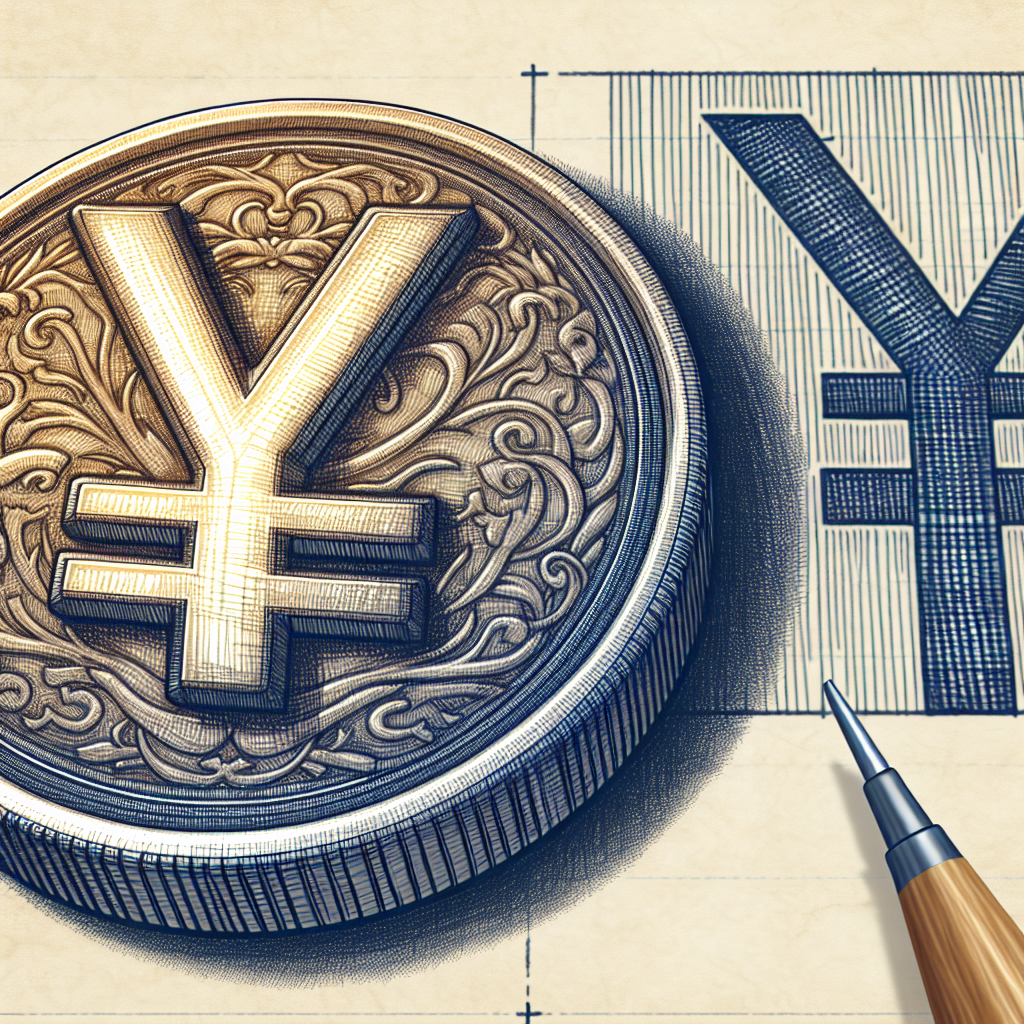Yen Strengthens Amid Political Shifts in Japan
The yen strengthened on Monday after Japan's ruling coalition lost its majority in the upper house, sparking concerns of policy paralysis and market instability. Prime Minister Shigeru Ishiba's party fell short of a majority, intensifying political pressure as the country faces a tariff negotiation deadline with the U.S.

The yen strengthened on Monday as Japan's ruling coalition lost its majority in the upper house elections, causing investor apprehension over potential policy gridlock in the world's fourth-largest economy. This comes amid ongoing tariff negotiations with the U.S., leading analysts to predict market volatility.
Prime Minister Shigeru Ishiba's Liberal Democratic Party won 47 seats, falling short of the 50 required for a majority in the 248-seat upper chamber. Despite this setback, Ishiba remains determined to maintain his position, though his weakened political standing exacerbates uncertainties in securing a tariff deal with U.S. President Donald Trump before the August 1 deadline.
The election outcome, while anticipated by investors, coincided with market jitters, including plunging Japanese government bonds and sliding yen values. Analysts warn that Ishiba's potential resignation could prompt foreign investors to offload Japanese shares and currency. Meanwhile, global financial focus remains on Trump's tariff strategies, which have kept market conditions in flux.
(With inputs from agencies.)










